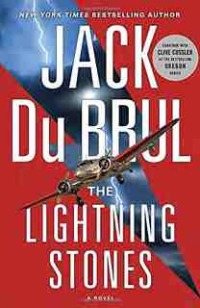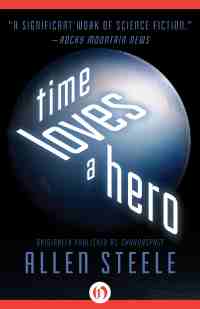Injustice by Lee Goodman
 Monday, October 19, 2015 at 10:57AM
Monday, October 19, 2015 at 10:57AM 
Published by Atria/Emily Bestler Books on September 15, 2015
I started out disliking Injustice because I could not warm up to Nick Davis, the protagonist. By the end of the story I still disliked Nick Davis, but I thought the novel was okay. Its biggest flaw, other than an unlikable protagonist, is that it relies on a chain of improbable coincidences. I don’t mind a coincidence or two -- in real life, they happen all the time -- but too many coincidences are difficult to bear.
Nick Davis is a federal prosecutor who displays all the humorless self-righteousness, pettiness, and narrow-mindedness that characterizes the worst of the breed. He is overly impressed with himself and with his “mission of excising moral disease from the population of free citizens,” a phrase that had me choking with laughter. Isn’t hubris a moral disease? He also seems incapable of recognizing his own hypocrisy, given the number of times he vows to commit perjury to protect his family. At least he has the virtue of realizing that he’s irritating, particularly to Tina, his wife.
Someone in Davis’ extended family is murdered and one of his subordinates, who also happens to have been living with that family member, becomes a suspect. Davis sticks his nose into the investigation, which I could believe, then he rides around with FBI agents and waves his Glock around, which seems like a conflict of interest for a prosecutor since he might turn himself into a witness against the bad guys he’s being paid to prosecute. In fact, Davis is always charging around, leading the cops in the field, which is something a prosecutor just doesn’t do. That’s one of the reasons this novel didn’t ring true. There are a bunch of smaller reasons, like calling the security in a federal trial “guards” when a federal prosecutor would call them “marshals” and concluding that a prisoner who won’t talk to cops about an ex-cellmate must feel intimidated by the cellmate when most prisoners refuse on principle to cooperate with the police unless they’re being rewarded for it.
Meanwhile, as Davis and the reader try to figure out whether Davis’ subordinate is innocent or guilty, Davis is half-heartedly investigating a federal crime that involves a corporate conspiracy to bribe politicians. It is a rule in modern crime fiction that if a protagonist is working on two separate and apparently unrelated cases, the cases will eventually connect. The question is how they will connect and whether the connection will make sense, or whether it will seem strained as the writer juggles too many coincidences to keep the plot moving. The latter is the case here.
On a more positive note, courtroom scenes are lively and the novel moves at a good pace. Lee Goodman’s prose is stronger than most thriller writers manage. My interest in the story grew as the novel progressed and continued until the last chapters, when a final coincidence -- one that seemed just too contrived -- left me rolling my eyes. Still, while the contrivance has been used before in thrillers, it is given a creative twist in Injustice. On the other hand, the very last scene is too far over-the-top. Despite my reservations, I recommend the novel for its engaging plot.
RECOMMENDED WITH RESERVATIONS



